Ep. 84: How to Manage Social Anxiety (with guest, Michelle Massi, LMFT)
Michelle Massi, LMFT, Talks To Us About Managing Social Anxiety
Welcome back to Your Anxiety Toolkit.
After multiple suggestions and requests, we are so excited to share with you an episode that focuses entirely on managing Social Anxiety. I am so excited to share with you the amazing, Michelle Massi (formally known as Michelle Otelsberg).
Michelle Massi, LMFT, is an OCD and Anxiety Specialist who has both a private practice in Encino and Westwood and also works at the UCLA OCD Intensive Treatment Program. Michelle works one-on-one and runs group therapy, and has a ton of experience treating Obsessive Compulsive Disorder (OCD), Social Anxiety, Panic Disorder, TICS, Body-Focused Repetitive Behavior’s (BFRBs) and other anxiety-related disorders.
In this episode of Your Anxiety Toolkit, we talk about all things Social Anxiety. Michelle and I talk about the presentation of Social Anxiety and different symptoms that can present when ones struggles with Social Anxiety. Michelle talks about different themes and fears related to social anxiety and how there is no one-size-fits-all approach to social anxiety presentation.
Michelle and I also discuss different approaches to Social Anxiety treatment and some fun ways to practice facing your fears and tolerating the fear of judgment from others. We discuss the use of Cognitive Therapy, Behavioral therapy, and Exposure and Response Prevention (ERP), as well as the use of Mindfulness and Acceptance and Commitment Therapy (ACT).
Also, please get super excited!
ERP School is BACK! Exposure and Response Prevention School is an online course that teaches you the tools and skills I teach my clients in my office. Let me tell you a little bit about it. The course is a video-based course that includes modules on
- The science behind ERP
- Identifying YOUR obsessions and your compulsions
- The different approaches and types of ERP, including gradual exposure, writing scripts, interoceptive exposures and how to get creative with ERP
- Mindfulness tools to help you manage anxiety, panic, and uncertainty
- Troubleshoot common questions and concerns
- BONUS 6 videos of the most common subtypes of OCD
The course also includes many downloadable PDF’s and activities to help you navigate how to best apply ERP to your specific obsessions and compulsions.
We are so excited to finally share ERP with you and would love to have you join us and the CBT School Community. It’s a beautiful day to do hard things!
If you are worried about doing it alone, please don’t fear. We meet bi-monthly on the FB group and on Instagram to talk about questions you may have.
Click HERE to sign up.
For more information about Michelle, Anxiety Therapy LA, and the UCLA OCD Intensive Outpatient Program:
Anxiety Therapy LA: Anxietytherapyla.com
Instagram: @anxietytherapyla
UCLA OCD Program: https://www.semel.ucla.edu/ocd-itp
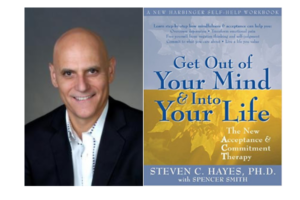 Welcome back to another INCREDIBLE episode of Your Anxiety Toolkit Podcast! Today we have an amazing guest, Steven Hayes.
Welcome back to another INCREDIBLE episode of Your Anxiety Toolkit Podcast! Today we have an amazing guest, Steven Hayes.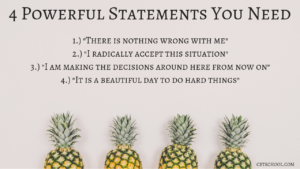 Hello there
Hello there  Hello there
Hello there 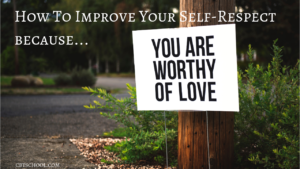 Hello there
Hello there 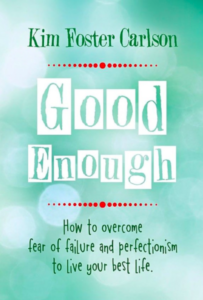 Welcome to another episode of Your Anxiety Toolkit Podcast! This week, we talk about all things
Welcome to another episode of Your Anxiety Toolkit Podcast! This week, we talk about all things 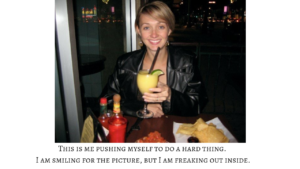
 For those of you who are new, welcome! Your Anxiety Toolkit is brought to you by
For those of you who are new, welcome! Your Anxiety Toolkit is brought to you by  Hello and welcome back to Your Anxiety Toolkit Podcast.
Hello and welcome back to Your Anxiety Toolkit Podcast. Clients and the
Clients and the 